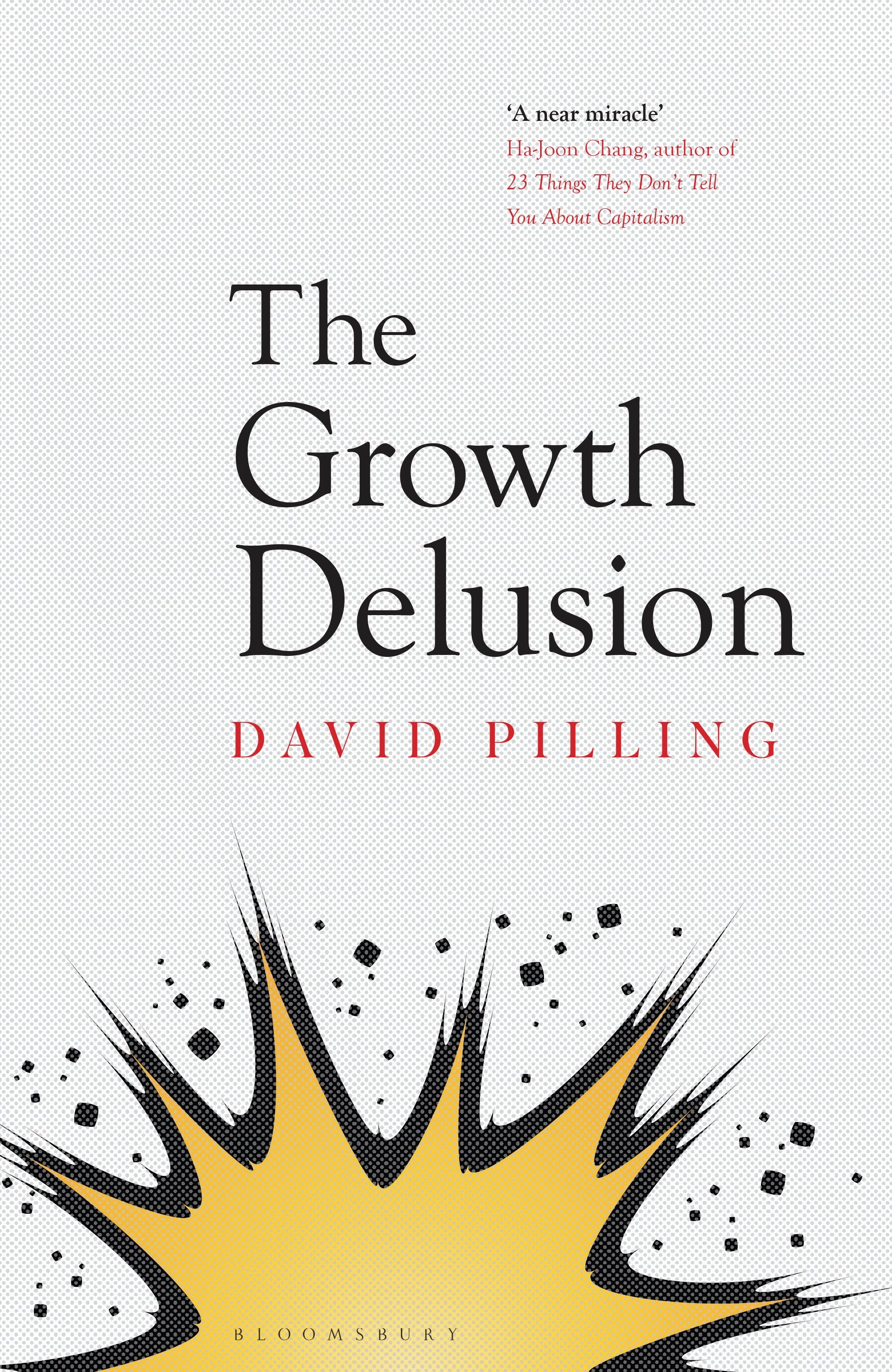Our obsession with GDP will lead to madness—but there are alternatives
At the end of 1999, the US Department of Commerce surveyed its work, and named gross domestic product (GDP) as “its achievement of the century.” Simon Kuznets, a pioneering economist who helped develop the calculations underlying GDP, won the Nobel prize in 1971. These accolades are warranted, since until GDP came about there wasn’t a good way to measure what we call the economy with a single number that was comparable over time and across countries.


At the end of 1999, the US Department of Commerce surveyed its work, and named gross domestic product (GDP) as “its achievement of the century.” Simon Kuznets, a pioneering economist who helped develop the calculations underlying GDP, won the Nobel prize in 1971. These accolades are warranted, since until GDP came about there wasn’t a good way to measure what we call the economy with a single number that was comparable over time and across countries.
But like many inventions from the 20th century, it’s due an upgrade. In The Growth Delusion (Bloomsbury), David Pilling argues that we need to reconsider the sacrosanct nature of GDP. We’ve come to measure the progress of nations by a number that tries to count the production of goods and services in a given period, but fails to properly track living standards, sustainability, technological progress, and complicated services. Even if economists use lots of data points, in public discourse “GDP is king,” he writes in the recently published book. But what should take its place?

Many alternatives to GDP have been developed in recent decades, but none have threatened to dethrone it. Still, the number fails to resonate with people’s lived experience, Pilling writes. As a journalist for the Financial Times for more than 20 years, he’s reported from countries across Africa, Latin America, and Asia. While covering these economies, he saw first hand how GDP could be a “faulty representation” of national progress, even as policymakers relentlessly fixated on it.
“The basis of modern economics is that our desire for stuff is limitless,” Pilling writes. “Yet in our heart of hearts we know that way lies madness.”
The Growth Delusion is an accessible examination of one of the most fundamental—yet flawed—concepts in economics. Pilling spoke to Quartz in London about how GDP became so sacred, and what better alternatives are available.
This conversation has been edited for length and clarity.
Quartz: Not only does your book challenge GDP, it dares to question what we call the economy. Why?
Pilling: We’ve abstracted this idea of what an economy is without really understanding that the economy is defined by us. And it’s largely defined by national accounts, whose most important number is GDP. I figured it was worth delving into what this number tells us and what it doesn’t. We have elevated this concept without knowing it to be the concept for which we will sacrifice almost anything, our oceans, our planet, our leisure time, almost anything, to produce a better economy and faster growth. And my question is, what is this growth and what is it for?
Where did you take notice of GDP’s biggest pitfalls?
I covered China for a long time and it had been growing at 10% a year for ages. I have no doubt that a lot of that growth is real but you could also see it in terms of pollution—polluted rivers, respiratory illnesses, soil erosion, and all sorts of side effects from this economic growth. The problem with GDP is that it is gross domestic product; it measures everything, including the pollution. What’s more, if you then decide you need to clean that up, that also adds to GDP.

So a negative becomes a positive, so to speak.
There are Chinese economists who speak quietly and shyly about not adding in some of those externalities but actually subtracting them. Kuznets was also in favor of subtracting things from GDP—he had his doubts right at the outset.
I now cover Africa and GDP isn’t totted up by some big computer. We don’t know all the transactions of goods and services; GDP is an estimate, often done by surveys. It’s a very sophisticated operation and in a country like Britain, it’s done very well, even though there are mistakes and lags. But in Zambia, when it was going through a really tough time, they had one guy in charge of calculating GDP and he had a vehicle that didn’t work. Yet we take this number very seriously.
So even though we compare GDP across countries, not every number is created in the same way.
The head of national accounts in Nigeria was asked to rebase GDP, which is something that you commonly do but it’s done far less frequently in poor countries because it’s an expensive exercise. And he was running around with this secret in his head that the economy was actually 89% bigger than everyone thought it was. So overnight in 2014, Nigeria’s economy became 89% bigger when he made this announcement and the funny thing is people took this very seriously.
When do you think the problems with GDP started?
GDP was born in the Great Depression and the manufacturing age. Its failings and difficulties have become more apparent as our economy has become more service orientated.
The inequality debate has also strained the concept of GDP. There’s anger out there, there’s a backlash, and yet the economy is three or four times bigger than it was in the 70s, when everything was supposedly much better and people felt more secure. This gap has emerged between what the numbers appear to be telling us and how people actually feel.
So what are the alternatives?
The first is median income. That tells you not how the average person is doing, or not the average in numerical terms, but the ordinary person. Averages can be massively skewed by extremes. There’s a joke in the book—it’s an economist joke so by definition it’s not very funny. But, here it goes: Bill Gates walks into a bar and, on average, everyone in the room is a billionaire.
Other measurements would be on distribution and wealth to count the stock of an economy, not just flow. We also need some kind of measure of externalities. The best one I can think of is to measure CO2. Clearly we do measure CO2 emissions, but then the point is to take that seriously.
Another example is net domestic product. That’s adjusted but then there are all sorts of value judgements. This would create theoretical problems and political arguments. However, those arguments are quite interesting to define what is it you want as a society.
I would also throw in a measure of subjective wellbeing or happiness. Those numbers are much more robust than we tend to think of them.
One thing I would argue is not necessarily that we need to create new numbers or new indices, but that what we need to do is take some of the numbers we already have and promote them more.
Reconsidering how we think about growth means fundamentally changing how we think about our society and economy. How much of an appetite do people have to think about this?
What I want is for people to think about this number that we fetishize and what it means. I don’t think that just because you begin to look at things in a different way from GDP and add different numbers around GDP that you need to give up on the concept of growth or progress. Growth could mean better, rather than more.